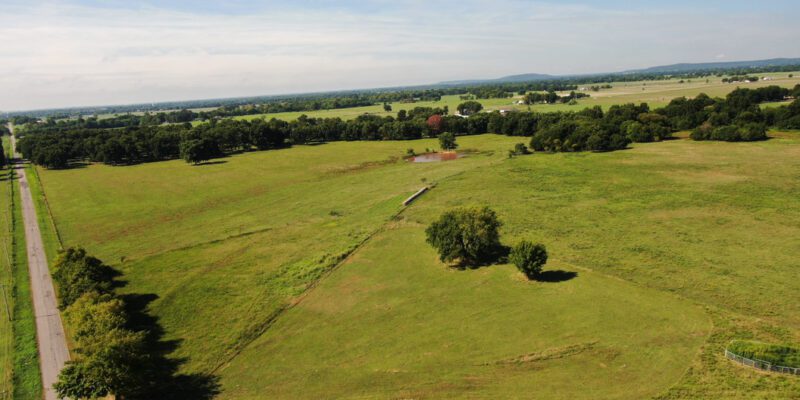
What is PMI and How Does it Affect Your Home Buying Process?
Purchasing a home is one of the most significant investments you will make in your life. However, it can be a little confusing, especially when navigating through the financial aspect of buying a new home. One thing you may have come across in your research is something called Private Mortgage Insurance or PMI. In this blog post, we’ll dive a little deeper into what exactly PMI is and how it affects your home buying process as a first-time homebuyer.
PMI is a type of insurance that lenders require borrowers to pay when they have a down payment of less than 20% of the total mortgage amount. This insurance protects the lender in case the borrower fails to meet their mortgage payments. The cost of PMI varies based on the loan amount, credit score, and down payment, but it typically costs between 0.3% and 1.5% of the loan amount annually.
PMI is usually added to your monthly mortgage payment, increasing your overall monthly payment. It’s essential to factor in this cost when budgeting and calculating your mortgage payments. If you put down a down payment of less than 20%, you cannot avoid paying PMI unless you refinance or pay off the loan until the mortgage amount is less than 80% of the value of the property.
There are two kinds of PMI: borrower-paid and lender-paid. Borrower-paid PMI is the most common form, where the borrower pays the PMI premium to the lender. In contrast, Lender-paid PMI is where the lender pays the PMI premium, but this usually comes with a slightly higher interest rate, which may be more costly in the long run.
The good news is that PMI is not a permanent addition to your mortgage payments. Once you have paid off enough of the loan balance until the mortgage amount is less than 80% of the property’s value, you can contact your lender to remove the PMI. You must also have a good payment history with no late payments.
Understanding PMI is crucial when it comes to home buying. As a first-time homebuyer, you want to ensure you can afford the monthly payments that come with homeownership. Knowing that PMI is an additional cost to your monthly mortgage payment, you should factor in this expense when budgeting for your new home. It’s always best to speak with a mortgage specialist to review your options and figure out what loan works best for you. That way, you can make a sound financial decision on your home purchase, and avoiding PMI is always the goal.

